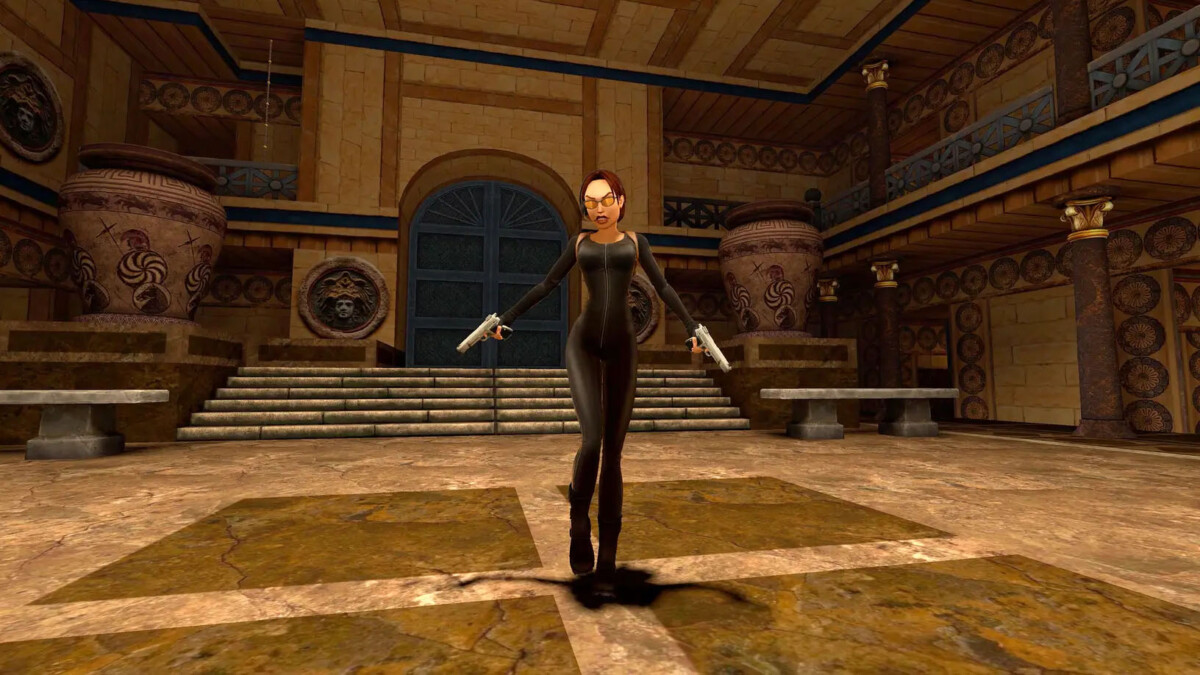I Am Setsuna – Tokyo RPG Factory responde perguntas de fãs em terceiro vídeo da série; próximo jogo não será sequência

The main cast is a vibrant and unique one. They all have their own traits and views of the world. Were elements regarding character development left on the drawing board due to time / budget / other limitations or the characters got as much stage time and growth as you intended them to? What I would love to know is how the story developed? Where did the idea come from? Is it inspired from Japanese tales? It seems so far a little more mature than many JRPG stories. I like it a lot!
Atsushi Hashimoto, Director: “While we were discussing within the team about how we could satisfy fans of RPGs from the 90s, and at the same time create a story with melancholy as its central concept, we first decided upon the theme of a journey to make a human sacrifice, and then from there fixed down the outline of the main characters. We then wrote the scenario as if we were actually on a journey ourselves. So the conclusion was not fixed from the start. And this was because we wanted to have the characters play a more active and lively part in the scenario development, rather than fixing everything down artificially. The reason we chose human sacrifice as a theme was because it is a theme that comes up all over the world, not just in Japan and we thought this would allow us to deliver a real melancholy play experience to players across the world. I think people’s opinions will differ on if it is enough time or not, but we were able to do everything that we possibly could with the time that we did have. I also think that we did manage to have the characters develop satisfactorily within the duration of the story.”
Not that I’m complaining but why isn’t there a CGI cutscene in the game? It would be really cool for the game to have one.
Jun Suzuki, Art Director: “This is because we wanted to make a game that gave players room to use their imaginations. The RPGs of the 90s had lots of elements that were not shown directly through the graphics and players filled in the gaps with their imaginations. And we felt that this process of filling out the world with ones imagination led to these games leaving an even stronger impression in players memories. So we thought we would go through with a policy of having no cut scenes in the game.”
How was the internal reception of I am Setsuna?
Usuke Kumagai, Director for the English and PC Versions: “In the final stages of development, the whole team test played the game. I remember watching the team all having fun with it and felt a real sense of satisfaction. The Project Setsuna team was formed entirely from developers who supported the core concept, so it was very satisfying to actually make the game that we all wanted to make. However, there is always room for improvement so for the next project we want to build on what we learned from doing I am Setsuna.”
Are there plans to do anything more with this franchise? The world / characters and theme was very unique, so I was hoping to see / experience more of it through various mediums.
Usuke Kumagai: “We see I am Setsuna as a complete game in its own right and are not currently considering doing a direct sequel. However, we would like to continue making games based around the same core concepts. At Tokyo RPG Factory we set our objective for Project Setsuna as taking the unique appeal of the RPGs from the 90s and using a group of developers who loved those games to further evolve them as modern games.”




